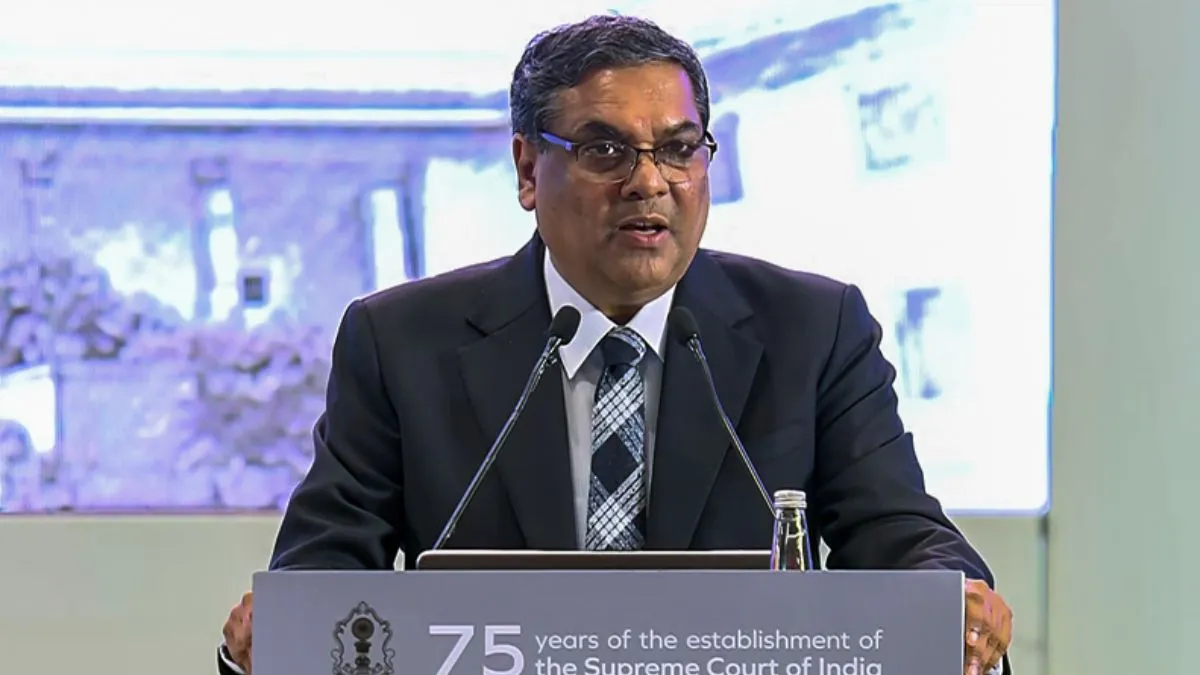- By Aditya Jha
- Thu, 17 Oct 2024 01:36 PM (IST)
- Source:JND
Chief Justice of India DY Chandrachud on Thursday proposed the name of Justice Sanjiv Khanna, the second senior-most Supreme Court judge, as his successor. In a letter to the Centre, CJI Chandrachud stated that Justice Sanjiv Khanna should be his successor following his retirement on November 11. If cleared by the Centre, Justice Sanjiv Khanna will become the 51st Chief Justice of India and will have a six-month tenure. Justice Khanna's tenure is scheduled to end on May 13, 2025.
Who Is Justice Sanjiv Khanna?
Justice Sanjiv Khanna completed his schooling from the Modern School in New Delhi. He later enrolled with the Bar Council of Delhi in 1983 after completing his law studies at the Campus Law Centre of the Faculty of Law, University of Delhi. Justice Khanna practiced in the District Courts at the Tis Hazari Complex, New Delhi. He later worked in the Delhi High Court in diverse fields such as direct taxation, arbitration, constitutional law, company law, land law, environmental law, and medical negligence.
ALSO READ: Nayab Singh Saini Takes Oath As Haryana CM For Second Time
He had a remarkable tenure as the Senior Standing Counsel for the Income Tax Department. He was appointed as the Standing Counsel (Civil) for the National Capital Territory of Delhi in 2004. Justice Khanna was appointed as an additional judge of the Delhi High Court in 2005. He was later appointed as a permanent judge in 2006. Justice Khanna was elevated as a judge of the Supreme Court on January 18, 2019.
Justice Sanjiv Khanna has been part of several significant judgments during his tenure in the apex court. In 2024, he led a Division Bench that dismissed a plea for 100 per cent VVPAT verification of votes cast on electronic voting machines (EVMs). In his judgment, he emphasised that the current system provides "quick, error-free, and mischief-free counting of votes," upholding the integrity of the electoral process.
In the same year, a five-judge bench, including Justice Khanna, declared the Electoral Bond Scheme unconstitutional. He also contributed to the historic judgment that upheld the abrogation of Article 370, which had granted special status to Jammu and Kashmir.

